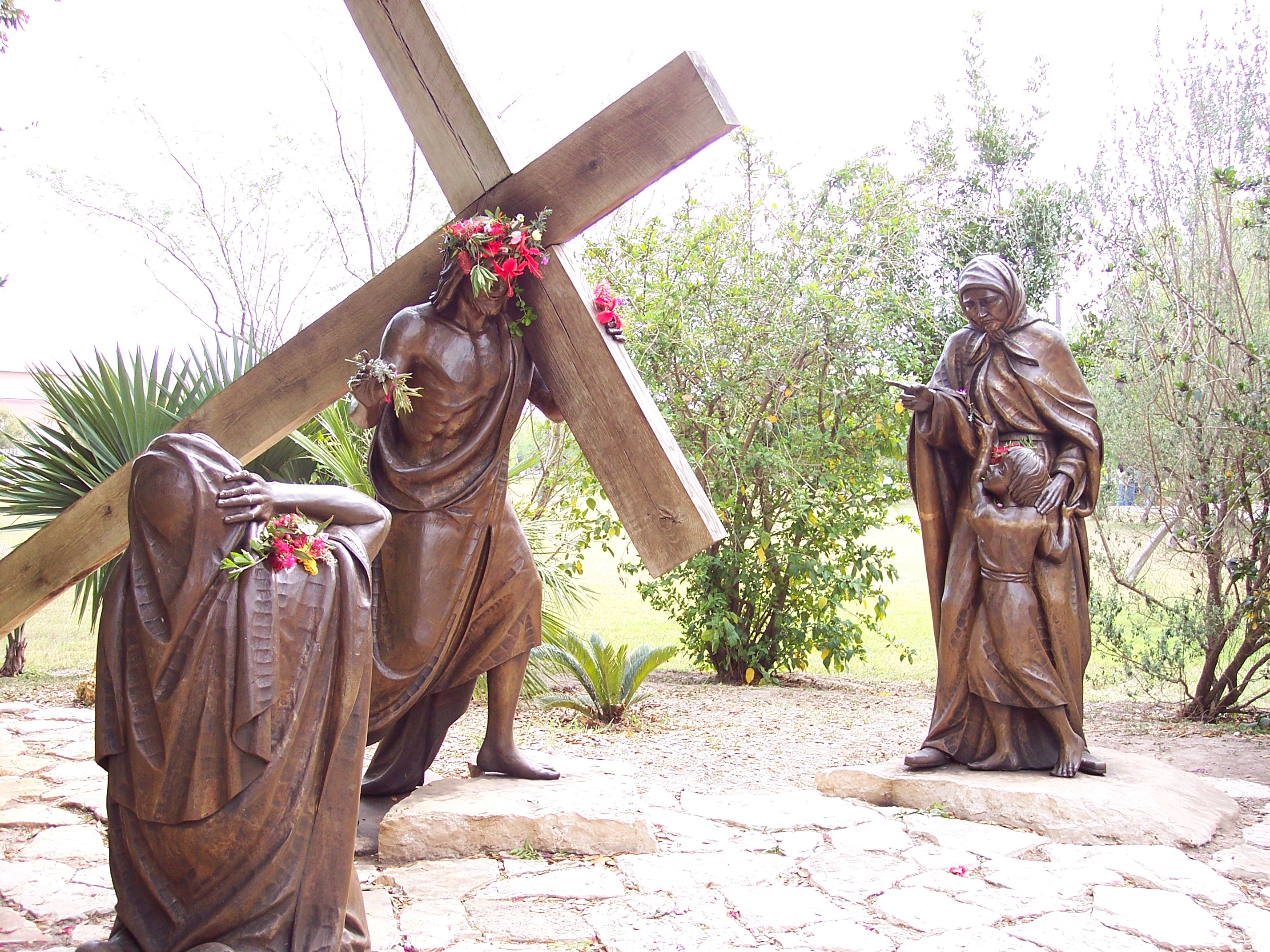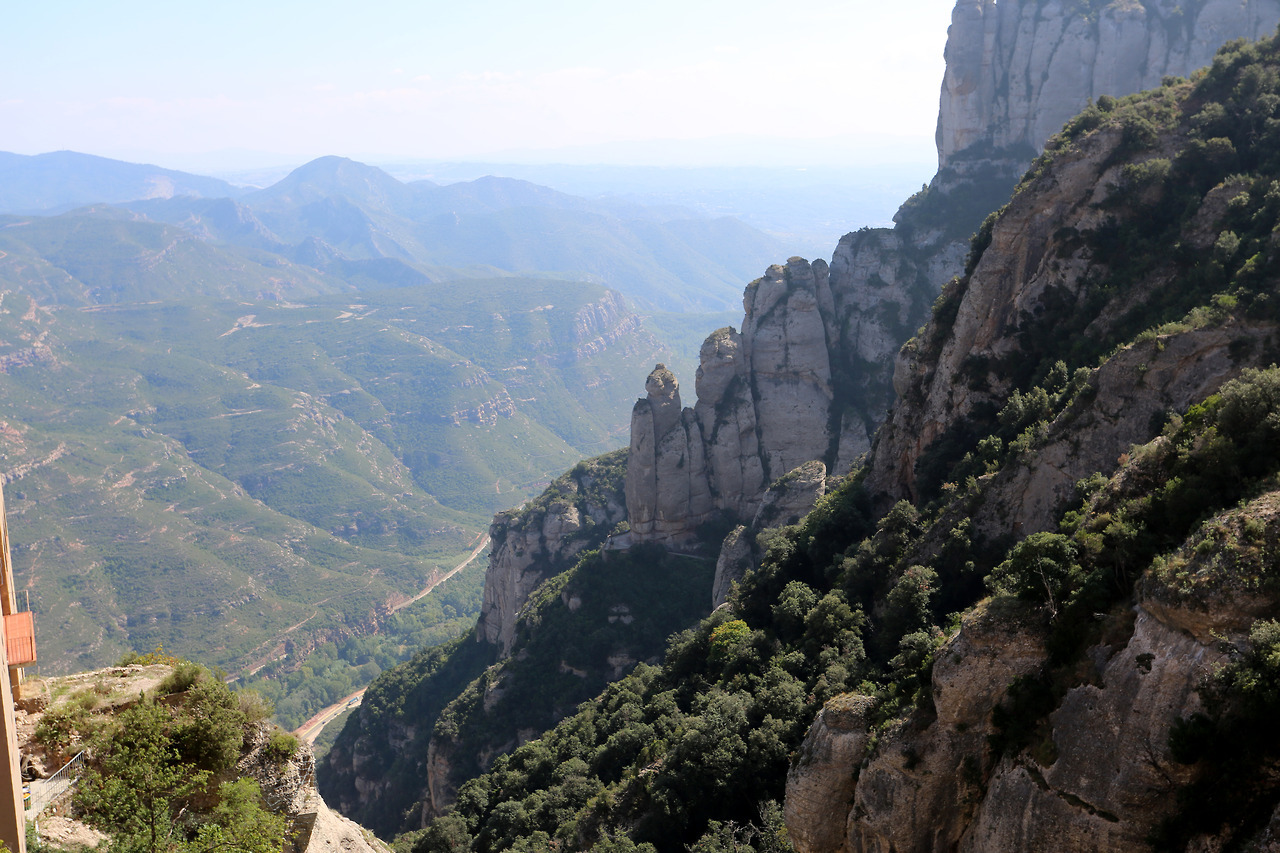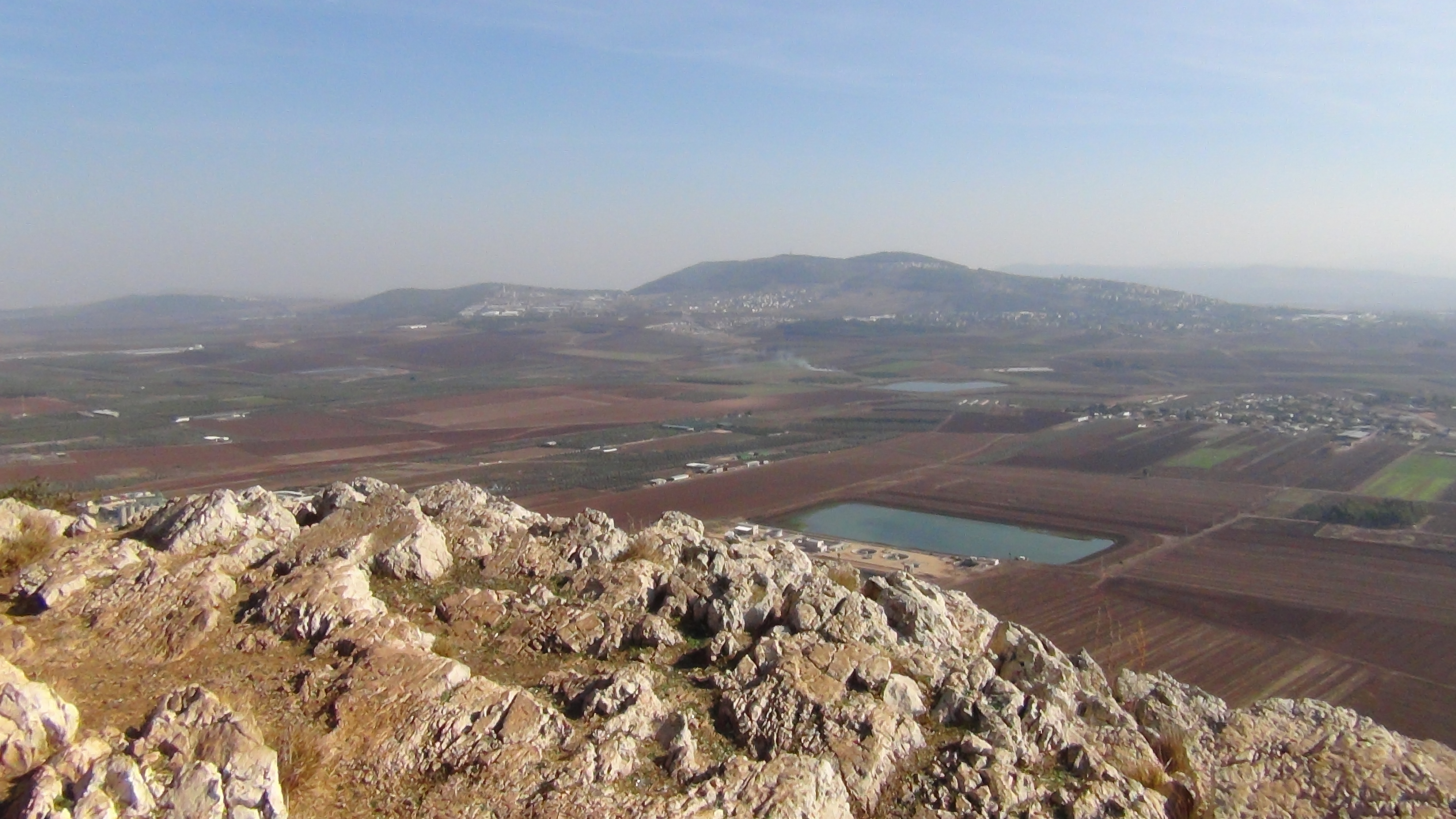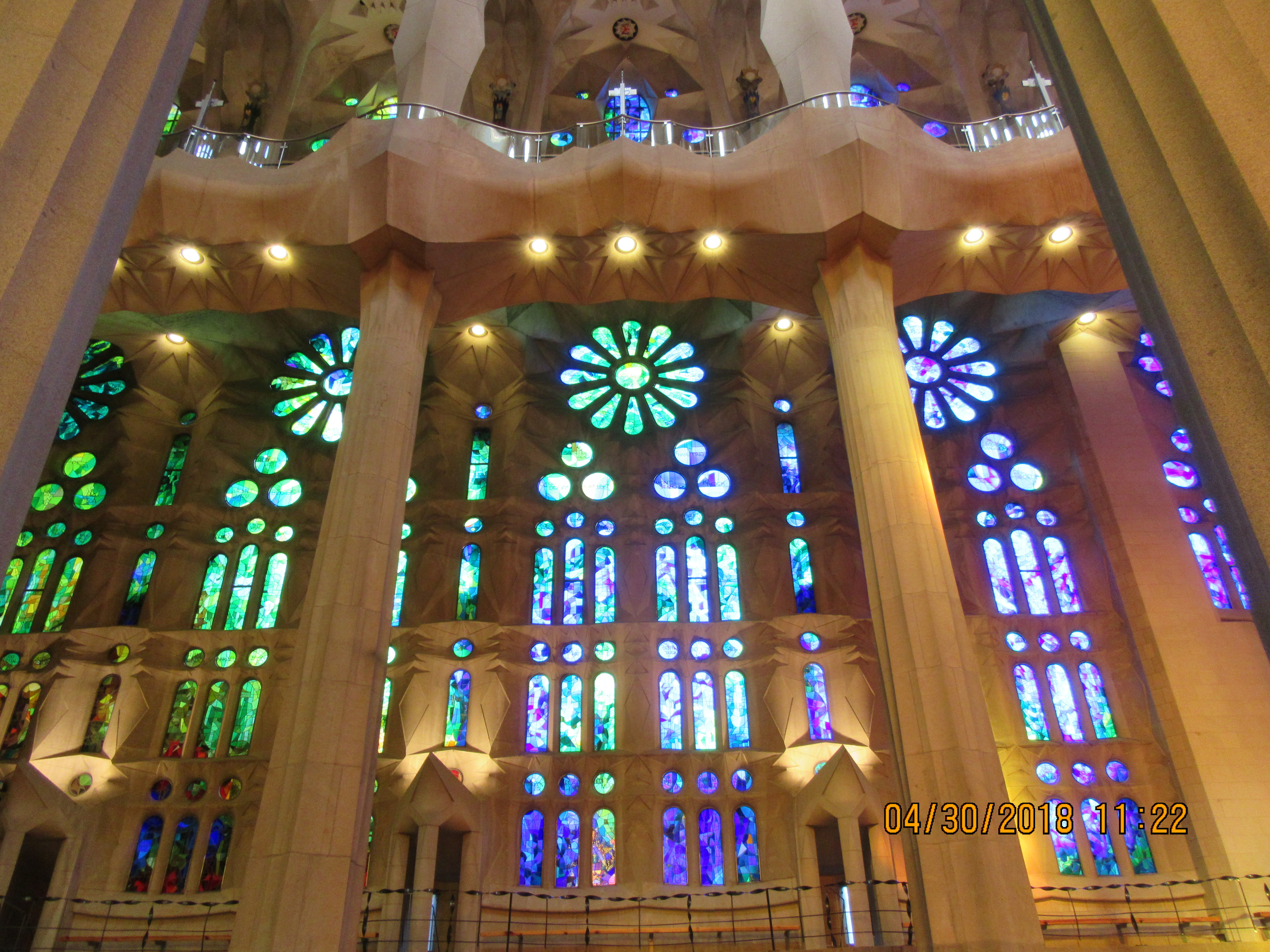Wis. 9:13-18b; Ps. 90:3-6, 12-14, 17; Phmn. 9:10, 12-17; Lk. 14:25-33
“Return, O children!” The Lord never tires of calling us back to himself. In every age, salvation history has a pattern of humanity “going our own way”, falling from grace, ending in despair, and hearing the Lord’s call to “return, O children”. As a people of God, we come home to the Lord’s way where he is our refuge.
Sometimes people of other faith will question why we baptize children. The most common answer Catholics give is for the forgiveness of original sin. But we tend not to think of children as a sinner. Perhaps you have that child who is always obedient, listens to everything you say and would never go against your will. You say, “Clean your room” and they respond “of course right away”. Children like to go their own way just as much as adults do and our struggle with obedience doesn’t get easier with time. Sin is an act of disobedience.
We also baptize children for the gift of the Holy Spirit to assist them with understanding, to recognize the fear of the Lord and the love of the Lord, to master their will for obedience to the Word of God and when they fall from grace to return O children. We can only return to what we have already received and in baptism we receive God himself. In fact, at birth we receive the gift of life thus God give us ourselves and what we do with ourselves is our gift back to God. In baptism God gives us the gift of himself to remain in him and like the prodigal son when we refuse him he remains faithful to us calling us back, “return O children”.
Today, St. Paul says “I, Paul, an old man” reminding us as the years go by all our past “are as yesterday…or a watch in the night (and) You (God) turn man back to dust”. We see it in our children how quickly they grow what to them was forever since they were babies to us was just yesterday. Now what? Stay focused on the Lord, don’t fall into the culture of darkness where good is bad and bad is good only to burden the Spirit from God within. The message is not just for the young who desire to “spread their wings” or for the old who see death approaching. It is for every age of life to renounce everything in order to be his disciple.
How can the Lord say, “If anyone comes to me without hating his father and mother, wife and children, brothers and sisters, and even his own life, he cannot be my disciple”? This is a hard saying, are we not to honor our father and mother, be obedient to each other as married couples, love family and neighbor, and love others as “thyself”? As in all biblical text there is context and the two teachings are not a contradiction so we need to discern the Lord’s message.
The context of today’s teaching by Jesus is based on a renunciation of sin. Since we are all sinners, do we just then “hate” everyone including ourselves? Obviously not, we hate the sin and love the sinner as Jesus did. There is a misconception that if we “love” someone we accept their choices even when they go against our faith, morals, and values. Wrong! Love requires us to bring truth, God’s truth to the one we love especially when we recognize the danger of their sin.
The “boots on the ground” issues exist in almost all families these days. Couples living together outside of marriage, all the sexual and gender issues being pushed as “normal” yet outside of God’s natural law, civil unions outside of the church are all part of what the Lord detests with the English translation word “hate” meaning an aversion to the sin. God and sin cannot coexist so we cannot carry our sins into heaven. That is why purgatory exists as a state of purification for the soul of its sins. God forgives us our sins but demands a cleansing of sin to be his disciple and come into his presence.
Do we love God? This is love of God, to come to him and be cleansed of our sins. Recalling the familiar expression “God loves us too much to leave us as we are”. We are a people who become attached to our possessions. Possessions are a resource for living but can become a burden of life when we live outside our means. Before we know it, we are a slave to all we possess as we worry to pay for it, to maintain it, to hold onto it. Where is our focus in life, where is our energy going, what does our actions say about what matters to us most? This is what the Lord is addressing when he says, “anyone of you who does not renounce all his possessions cannot be me disciple”.
Some will say the Lord is speaking to his “disciples” who represent the future clergy of the church. This is for the priest who leaves father, mother, siblings and possessions to enter into the priesthood. This is true as a priest is called to be another Christ. It is also true for all God’s people to “carry his own cross and come after me” says Jesus. We all carry a call to discipleship. We all need to “calculate the cost” of discipleship and recognize how the world can become our obsession and we can lose ourselves that is our soul in what perishes rather than in what is eternal.
Perhaps this is the day to reorder our lives according to God’s call to be his disciples. When was the last time we cleaned our closet and were willing to let go of the “stuff” we don’t use. Often the last thing we want do is to make a will and decide what will happen to our possessions. We leave it to our families to have to pick up after us and unfortunately sometimes to become divided over our possessions. Even less practiced is the act of giving away our possessions while we live. We make our “stuff” our cross rather than our service to Christ being the cross in following him.
This is the day to be prudent and act in right judgment, to calculate the cost, to become all God created us to be in his image and likeness. This is our time to be a witness of what it is to be his disciple that is to be Christ in our world, with all those we meet. This is the Lord’s call to return, O children!










Recent Comments